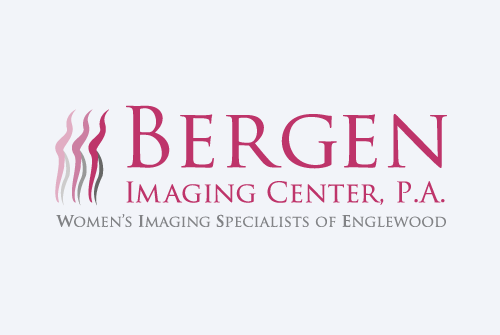Updated on July 14th, 2021 – originally published March 20th, 2020
New American College of Radiology® (ACR®) and Society of Breast Imaging (SBI) call for heightened screening attention for transgender individuals.
Transgender patients – regardless if they were biologically or phenotypically male or female at birth – can also be at risk for the disease, and often lack access to mammographic breast cancer screening.
Involving factors such as natal sex, hormone use and surgical histories place transgender persons at increased risk for breast cancer.
“Due to hormone use, biological males transitioning to female are at increased risk for breast cancer compared to other males,” said Emily F. Conant, MD, FSBI.
“Biological females transitioning to male who do not undergo mastectomy remain at their previous risk for breast cancer. Since these individuals are less likely to have regular checkups and be routinely screened, clear guidance is especially important.”
Updated Breast Cancer Screening Guidelines for Transgender Patients 2021
The ACR and SBI recommend that transgender patients have a risk assessment at age 30 to see if screening prior to age 40 is needed, and those at average breast cancer risk begin screening at age 40
Previous guidelines recommended screening mammography every two years starting at the age of 50 in transgender patients who had been exposed to exogenous hormones for five years or longer.
Physicians are advised to assess additional risk factors such as a family history of breast cancer and high BMI when determining whether a transgender patient should pursue screening mammography.
Breast Cancer Risk in Transgender Men & Transgender Women
Medical professional theorize that male-to-female transgender patients (commonly referred to as “trans women”) who have been on feminizing hormones may face an increased risk of developing breast cancer. This is because androgen insensitivity and exposure to exogenous estrogen are risk factors for breast cancer in many other medical conditions.
Female-to-male transgender patients (commonly referred to as “trans men”) who do not undergo mastectomies retain the same risk as women because their genotype is female. Furthermore, individual and hereditary risk factors may increase the likelihood of developing breast cancer in certain individuals.
While research to date – based on retrospective cohort studies – does not indicate that transgender patients have higher incidences of breast cancer when compared to the general population of the same natal sex – findings may be limited by study size and duration.
Current evidence suggests that male-to-female transgender patients tend to be diagnosed with later stage breast cancer that is ductal in origin, similar to male breast cancer in the general population. Meanwhile, female-to-male transgender patients who have had mastectomies and androgen supplementation are thought to have a reduced risk of breast cancer compared to the general female population.
Due to limited evidence and mixed results – at-risk transgender patients generally work with their physicians to pursue screening mammography based on the presence of breast tissue.
Mammography guidelines for trans men and trans women are always evolving. As access to quality transgender healthcare improves, prospective studies are needed to determine best practices and guidelines for screening mammography.
Bergen Imaging Center in Englewood offers Breast Cancer Screening Mammography for Transgender patients in NJ.

